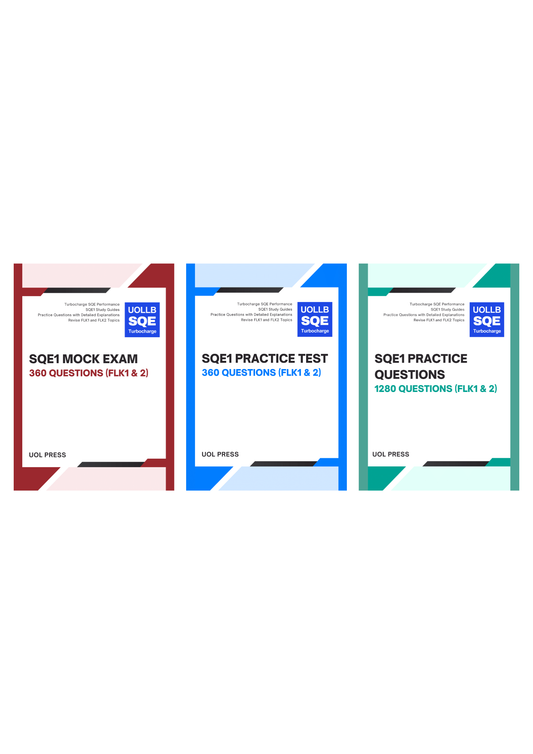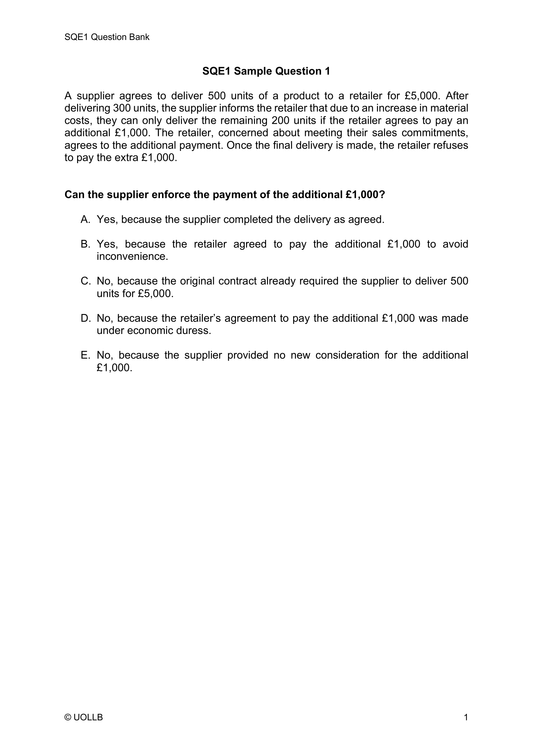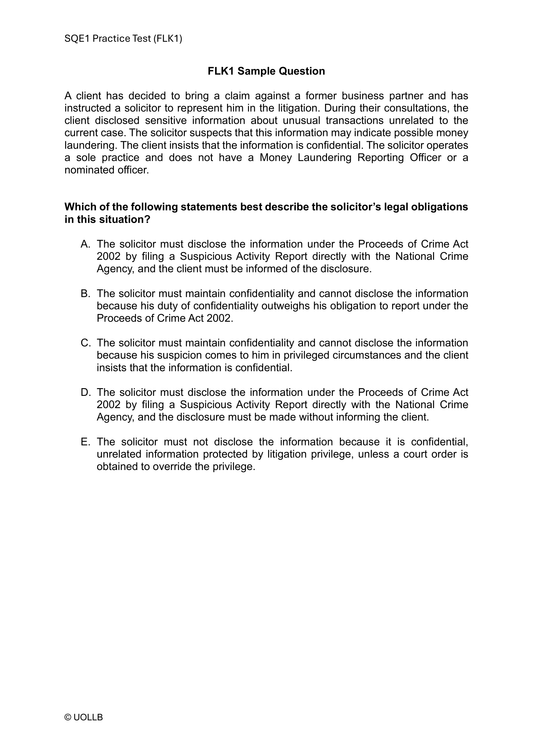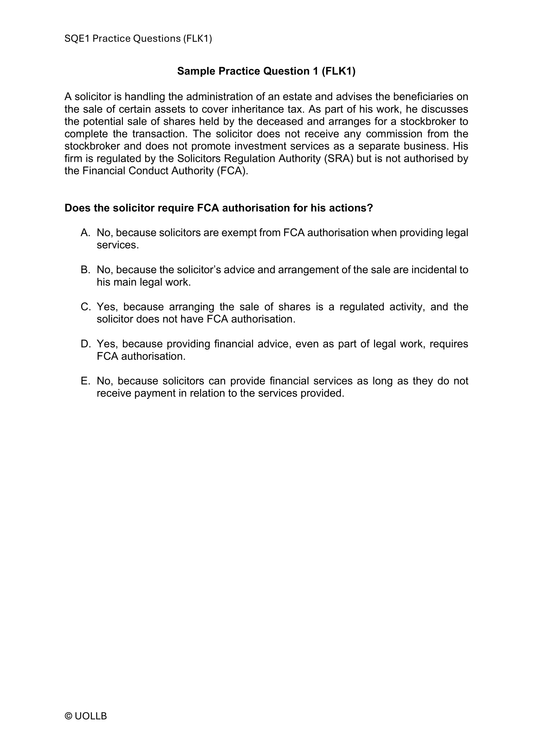Creation and Ownership of Works in Copyright Law
Share
Copyright law governs the creation and ownership of creative works, providing legal protection for original expressions of ideas. The creation and ownership of works are important aspects that determine the rights and entitlements of creators.
Creation: Copyright protection arises automatically upon the creation of an original work. This means that as soon as a work is fixed in a tangible form, such as being written down, recorded, or saved on a computer, it is considered protected by copyright. There is no formal registration requirement in many jurisdictions to establish copyright.
Authorship: The author is generally considered the creator of the work and is the initial owner of the copyright. The author is the individual or individuals who contributed to the creation of the work through his creative skill and effort. In some cases, the author may be an employee creating a work within the scope of his employment, or there may be joint authors if multiple individuals collaborate on a work.
Ownership: The general rule is that the author of a work is the first owner of the copyright. However, there are exceptions and specific rules regarding ownership in certain situations. For example, if a work is created by an employee during the course of his employment, the employer may be considered the owner of the copyright. Additionally, ownership of a work can be transferred or assigned through contractual agreements or by operation of law.
Moral rights: In addition to economic rights, copyright law often recognises moral rights that protect the personal and reputational interests of authors. Moral rights include the right of attribution (the right to be identified as the author of the work) and the right of integrity (the right to prevent derogatory treatment of the work).
Duration: The duration of copyright protection varies depending on the jurisdiction and the type of work. Generally, copyright protection lasts for the life of the author plus a certain number of years after his death (70 years in the US and UK). After the copyright term expires, the work enters the public domain and can be freely used by anyone.
Copyright law provides creators with the exclusive rights to their original works, ensuring protection and control over their creations. The concepts of creation and ownership play a vital role in establishing and maintaining these rights, fostering creativity, innovation, and the ongoing development of a vibrant cultural and artistic landscape.


























































